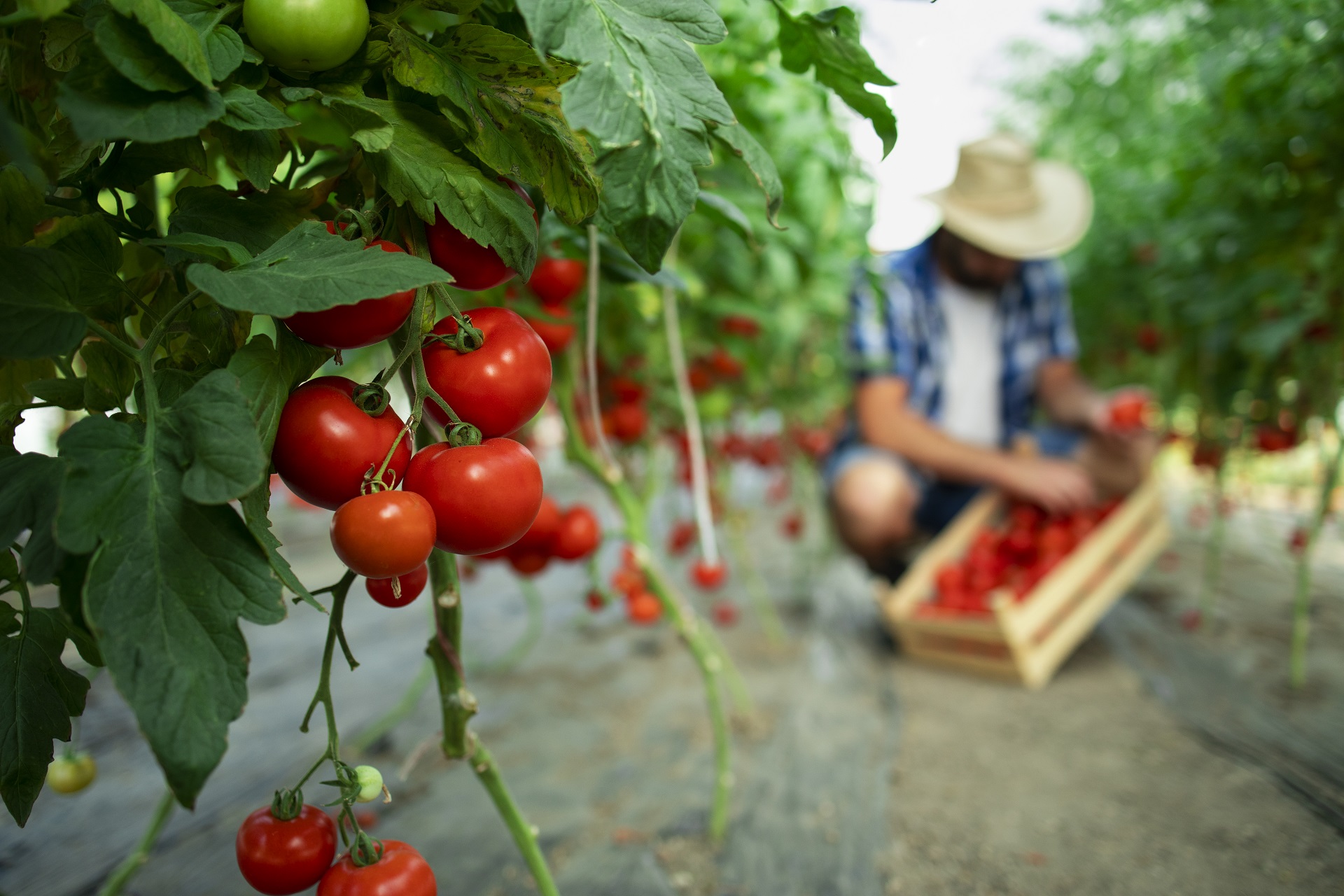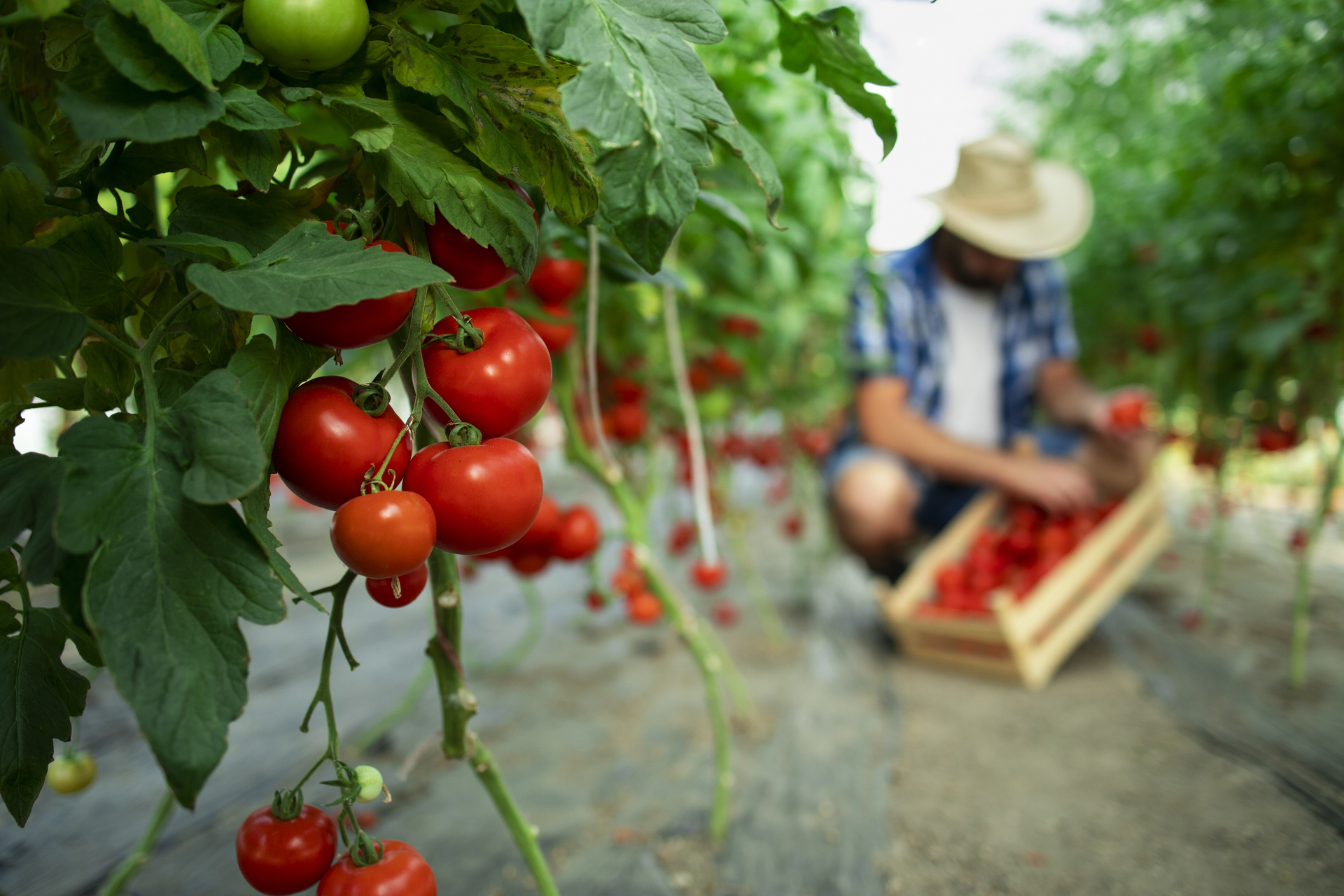Seasonal workers benefit the most from Open Balkan
The agreement between Serbia, Albania and North Macedonia to simplify access to the labor market for citizens of the three countries, as part of the Open Balkan initiative, will also apply to seasonal workers. This will be the biggest benefit of the agreement, as it is expected that seasonal workers will be the most frequent users of the new system, much more than workers who will be looking for a “permanent” job in neighboring countries.
The institutions of the three countries are working hard to establish the Open Balkan ID number, which will be used for the electronic identification of workers. Based on the ID number, citizens will be able to register for eGovernment services on the portals of Serbia, Albania and North Macedonia, in order to obtain electronic approval for free access to the labor market. After that, they will be able to find employment without the need to obtain a work permit.
- Open Balkan will be the most valuable to seasonal workers in agriculture, because this sector is very important in all three countries. In Macedonia, agricultural workers account for about 16% of total employment, in Serbia about 17%, and in Albania as much as 38%. There are no reliable data on the number of seasonal workers, but the estimates we have found show that there are up to 80,000 people doing seasonal works in agriculture in Serbia, at least 18,500 in Albania, and at least 15,000 in North Macedonia, which means that this system would be available to more than 100,000 citizens - says Violeta Jovanović, NALED Executive Director.
Serbia has advanced the farthest in the region when it comes to regulating seasonal employment. This was shown by NALED's Analysis of the System of Hiring Seasonal Workers in the Countries of the Western Balkans, which was carried out with the support of the German Development Cooperation.
Thanks to the electronic registration process, it takes employers in our country only one step to hire a seasonal worker, and they have no contact with the institutions, while five to six steps are required in neighboring countries. Registration in Serbia takes less than 10 minutes, in Albania it takes an hour, and in most other countries up to two hours. This also affects the accompanying costs of hiring a worker, such as the consumption of paper and printing contracts, which are on average 0.5 euros in our country, 3 euros in Albania, and the highest in Macedonia and Montenegro – 7.7 euros. The tax burden for seasonal workers’ wages is the lowest in Serbia and Montenegro and the highest in Albania.
- Provisions on the Open Balkan ID number have been included in the draft of the new law on seasonal and periodical employment, which we expect to be on the new Serbian Government’s priority list for adoption. The law would enable the expansion of the electronic application system to certain jobs in construction, catering, tourism and domestic help, where a lot of illegal work is present as well. Like in agriculture, these jobs are performed occasionally and in short periods, which is why flexibility is important when registering workers. Also, there is a noticeable shortage of seasonal workers in the region, and Open Balkan is important in order to make it easier for citizens to find jobs, and for employers to find workers - says Jovanović.
Apart from Serbia, our neighbors from the EU - Hungary, Croatia and Bulgaria - also have a simplified way of registering seasonal and periodical workers. The institutions of North Macedonia have been working on the adoption of the Serbian model, which is why they visited our country in April.
According to the data of the sezonskiradnici.gov.rs portal, since January 2019 until mid-August of this year, slightly more than 69,000 seasonal workers in agriculture were registered in Serbia through the new system. The portal was used by 649 employers, and they paid taxes and contributions in the amount of one billion dinars for the workers.



